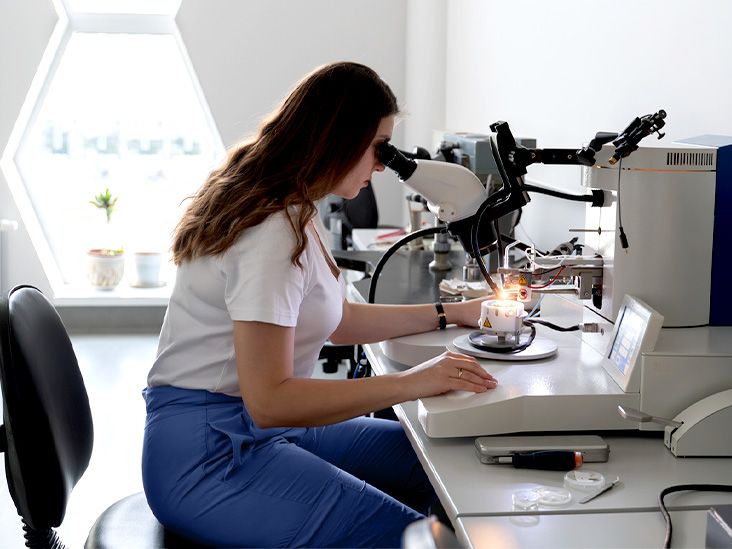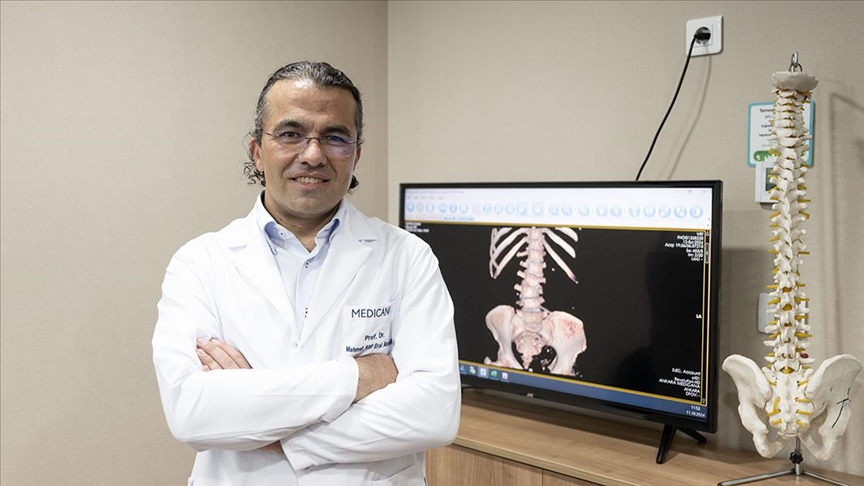Mitochondrial Dysfunction and Crohn's Disease
A recent study from the Technical University of Munich suggests that dysfunctional mitochondria may trigger Crohn's disease by altering the gut microbiome. Crohn's disease is a chronic inflammatory bowel disease (IBD) currently affecting approximately 4.9 million people worldwide.
Study Insights
Researchers conducted experiments using a mouse model, where a specific gene related to mitochondrial function was deleted. This deletion led to intestinal epithelial damage reminiscent of Crohn's disease in humans and resulted in significant changes to the microbiome composition. This study establishes a causal relationship between mitochondrial disruption and tissue damage in the intestines.
Implications for Treatment
The findings could pave the way for new therapeutic strategies. According to Dr. Dirk Haller, lead author of the study, restoring mitochondria functionality may limit intestinal damage and chronic inflammation. This approach contrasts with current treatments that primarily alleviate symptoms rather than targeting underlying causes.
Need for Human Studies
Experts like Dr. Rudolph Bedford express optimism that these findings could lead to advancements in Crohn's treatment but note that human trials are necessary to further investigate the potential for therapeutic drug development aimed at mitochondrial repair.
Future Directions
Understanding mitochondrial dysfunction's role in Crohn's disease may help identify individual triggers, leading to preventive measures and more effective treatments, according to Dr. Rosario Ligresti. This research underscores the importance of finding new therapeutic avenues that focus on the root causes rather than just managing symptoms.

















